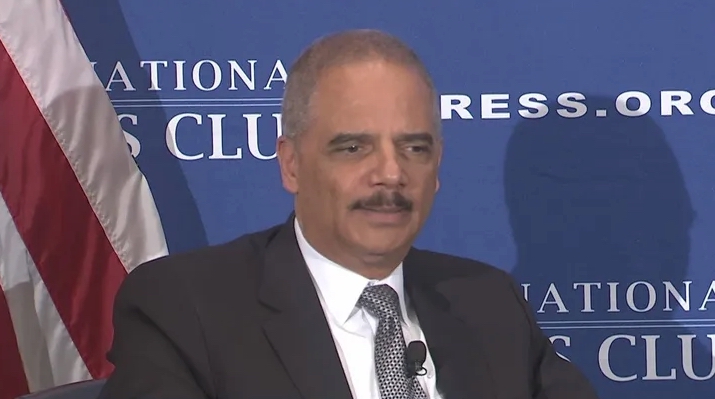Very bad, argue constitutional lawyer David Rivkin and law professor Elizabeth Price Foley on SCOTUS blog.
It’s bad on policy grounds. Rivkin and Foley write, “The majority’s desire to save the ACA from these perceived policy effects blinded it to the countervailing effects of ruling in favor of the plaintiffs. For example, while the loss of subsidies would have caused some individuals to drop insurance, most would not consequently face the individual mandate ‘tax’ since it does not apply when premiums exceed eight percent of income. For Justice Kennedy (who dissented in NFIB v. Sebelius) in particular, one would think such a positive effect on individual liberty — escaping the mandate — would have carried some weight.”
But the Court really isn’t supposed to worry about such implications. It is supposed to apply the law. And on that score, the ruling is also bad. Rivkin and Foley write, “When a law is hastily enacted and consequently has flaws, it is supposed to be amended by Congress. Judges are not supposed to engage in sophistic contortions to find ‘ambiguity’ in their quest to justify rewriting laws. By bypassing the political process this way, the Court in King has bypassed the Constitution itself.”
Read the whole thing.


